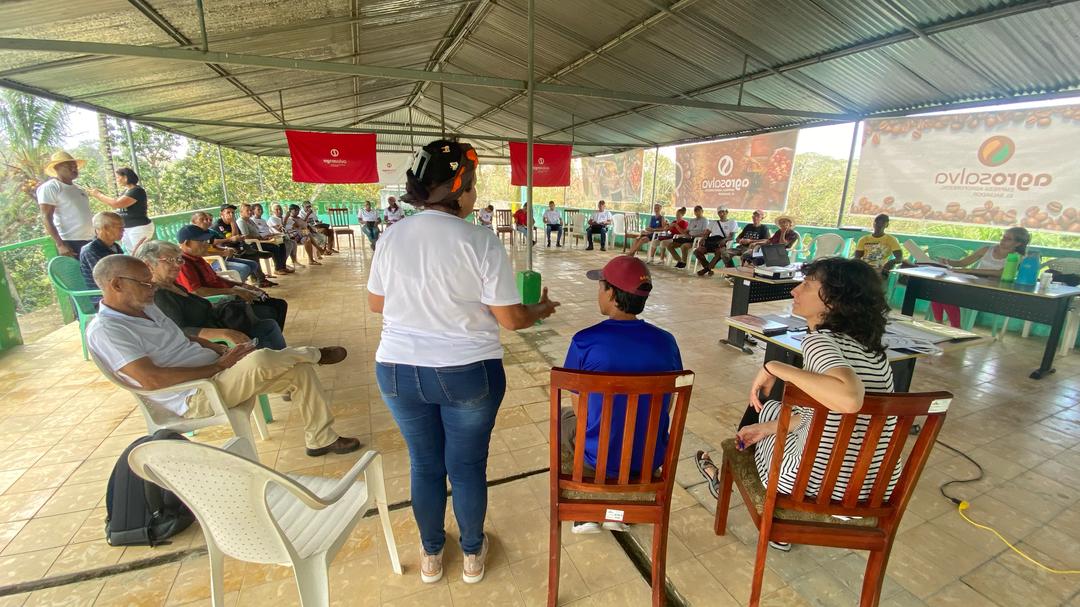 The Innova Café Guantánamo project, an international collaboration initiative between the Center for Technological Applications for Sustainable Development (CATEDES) and the Spanish NGO Solidarity for the Development of Peace (SODEPAZ), was launched this year to transform the coffee value chain by implementing renewable energy sources and improving its efficiency.
The Innova Café Guantánamo project, an international collaboration initiative between the Center for Technological Applications for Sustainable Development (CATEDES) and the Spanish NGO Solidarity for the Development of Peace (SODEPAZ), was launched this year to transform the coffee value chain by implementing renewable energy sources and improving its efficiency.
Funded by the Andalusian Agency for International Cooperation, the project will last 24 months—until January 2027—and is expected to extend for an additional year to monitor and find sustainable solutions to the current situation of coffee production in Cuba’s easternmost province.
Zadierick Hernández, a CATEDES specialist, explained that they will focus on diagnosing the entire production chain—from the producer and the crop to export—to identify key points for implementing renewable energy. The availability of solar energy will be prioritized, although they have not ruled out small hydroelectric or wind systems where viable.
The project will initially be implemented in San Antonio del Sur, Maisí, Yateras, Guantánamo, and El Salvador, although it is planned to expand to the province’s eight coffee-growing municipalities to improve bean quality and industrial processes, especially given the current electricity supply problems, Hernández said.
Patricia Franco Rodríguez, SODEPAZ representative in Cuba, reported that the financing was approved in 2024 after an initial call for proposals and that the diagnosis will serve as a basis for future phases, strengthening production and supporting other projects such as Prode Café or Más Café.
She also highlighting that the NGO has three decades of work in Cuba and its collaboration with Guantánamo, primarily in the electrification of rural communities.
Franco Rodríguez emphasized that the connection with Andalusia will come to fruition through outreach activities about Guantanamo coffee beans and its marketing through fair trade networks. Furthermore, Spain is a consumer of Cuban coffee, and with this project, the highest quality product will afterwards supply the market.
Innova Café seeks immediate benefits that will include greater stability in coffee bean processing with the development of solar dryers and heaters, which diminishes the environmental pollution and at the same time processing and re-use of organic waste in a way that contributes to the circular economy.
It will also contribute to the creation of new sources of income through the commercialization of byproducts generated from pressed coffee husks, which replaces traditional firewood for cooking.
Furthermore, the social component of the project stands out for its gender approach, recognizing the leading role of women in the coffee production chain, as coffee growers, company directors and presidents of cooperatives.
The project seeks to increase the visibility and strengthen women’s participation in technical and economic decision-making in the sector, and also includes technology transfer and training components to ensure its sustainability.